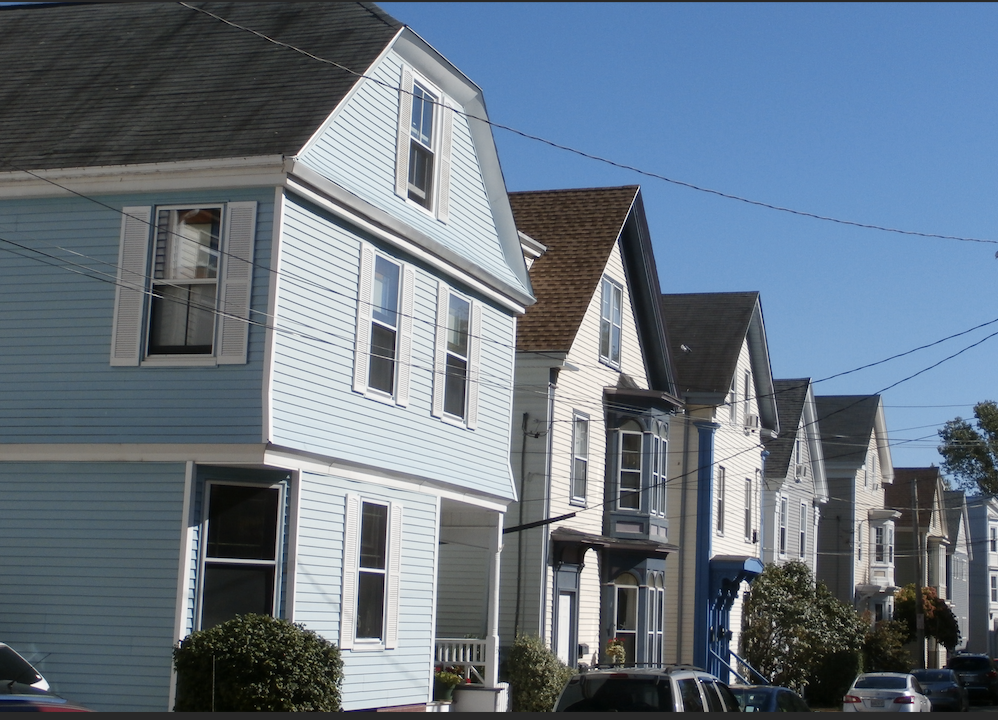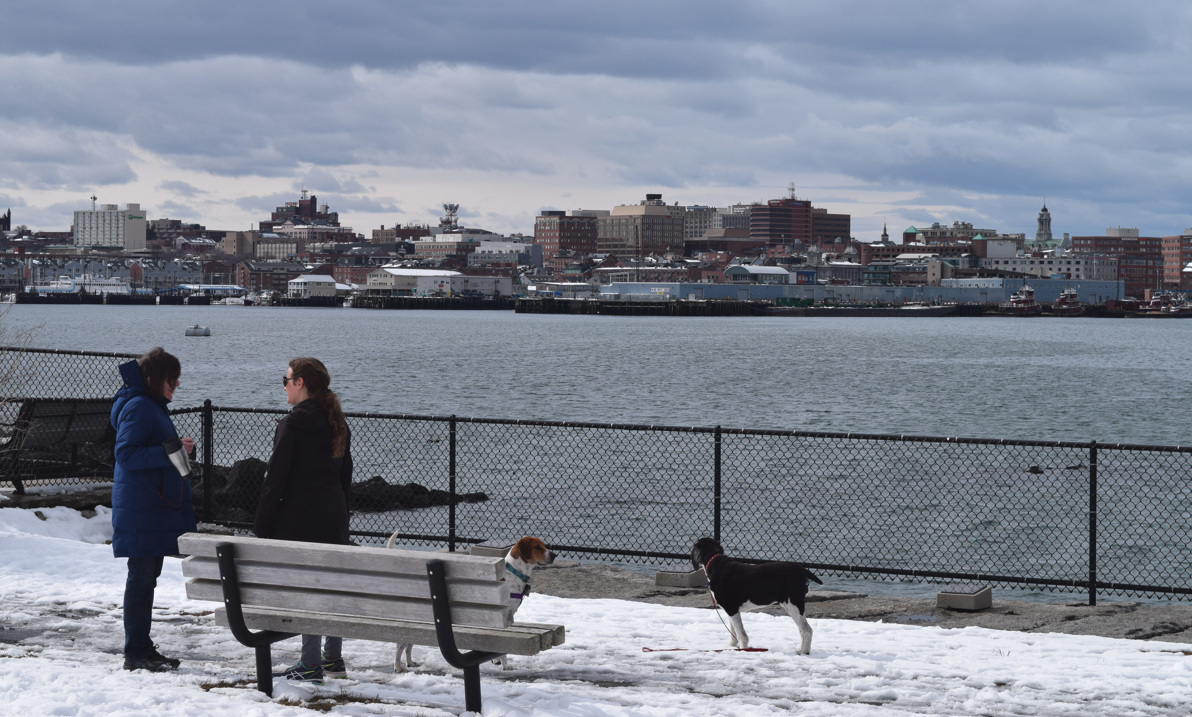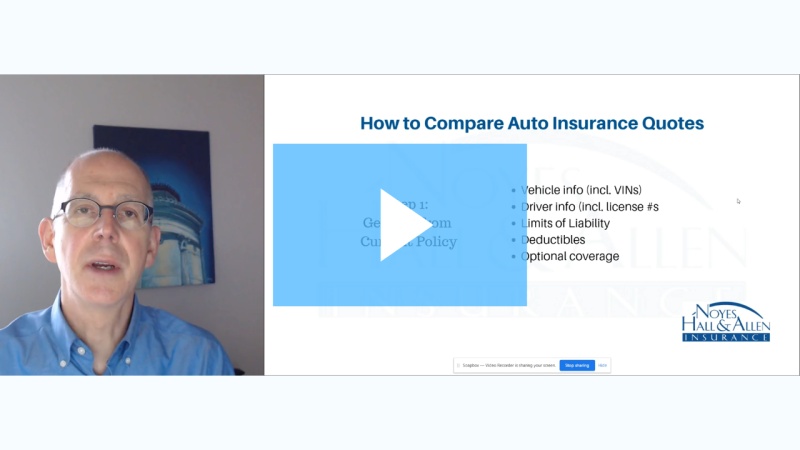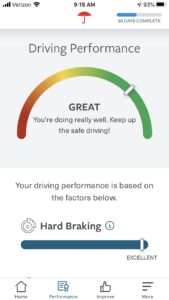I’ve been testing Travelers’ Intellidrive mobile app. It uses my smartphone to track the quantity, quality, timing and location of my driving. Several insurance companies offer similar apps, including Progressive Snapshot, Allstate and Safeco Right Track. Most offer an up-front discount to try it. They adjust your rates after 6 months to reflect your driving safety.
Travelers allowed me to install Intellidrive without association to an insurance policy. These apps, known as telematics, are becoming more widespread. Clients ask me about them. It’s easier to explain and advise clients if I’ve tried the app myself.
The COVID effect – Are We Driving Less?
Most of us are driving less during COVID time. Insurance companies should give us a break for that, right? Many of them did, with across-the-board refunds in April and May.
But we’re not all driving less. In larger cities, mass transit reductions have forced people to find other ways to get around. Some of us are back to work. Some are working from home; or not working at all. Others are driving even more than before, delivering food or passengers to pay the bills.
The COVID disruption was so fast and intense that insurance companies don’t have a lot of data to adjust rates. That’s why they love these driving monitoring devices.
How Telematics Works
Like most insurance company telematics apps, Travelers Intellidrive monitors:
- Time of Day
- Number of Miles Driven
- Location of Driving
- Acceleration, Hard Braking and Speed
- Distracted Driving
It’s usually smart enough to know when you’re a driver vs. a passenger (you can re-classify a trip if the app goofed).
Hit all the targets, and you can earn up to a 20% rate cut with most insurers. High-risk driving will cost you a surcharge. The average rate effect for all drivers is minus 5%. Insurers say 70% of customers get some discount.
The app reports how you’re doing. If you don’t like the early results, you can opt out within 45 days without any penalty. You just lose the up-front discount.
Humans are Bad at Estimating Risk
Telematics are a great way to accurately price insurance to risk. Good drivers pay less. Most of us think we’re good drivers. But are we?
Humans tend to underestimate risk, and over-estimate their own driving skills. Memory is fleeting but data lives forever.
I often talk to people who say they “have a completely clean record”, but reports show otherwise. They’re not trying to lie; they just don’t remember. That time your car was hit in the parking lot? When the deer ran in front of you? Or you had a minor fender-bender but no damage? Those are all “incidents” to insurance companies. Like it or not, they indicate a higher chance of future losses.
What I Like About Telematics
- I’d probably save money. I’m a low mileage driver. I use my bike for most errands and to commute. Intellidrive allows me to pay lower insurance premiums for reduced driving.
- It gives good feedback. Intellidrive records “events” that adversely affect my rates. Those can be my fault, like speeding or rapid starts.
Or they could have nothing to do with how I’m driving, but when. Driving very late or during rush hour is a higher risk.
This knowledge can be helpful if you want to improve your driving safety. A parent could use it to keep eyes on a teen driver. The app has videos and other driver training tips, too.
- I’m a data nerd. I like to monitor my sleep and exercise with a fitness tracker. Intellidrive is like a FitBit for my driving. If you like that sort of thing, you’ll like telematics.
Downsides to an Insurance Company Monitoring App
- It collects a lot of data – for an insurance company. It tracks where and when I drive. That’s useful in calculating a fair price for my insurance. It’s also valuable to others who might want to know about me.
I know: my smartphone, smart speaker and my Fitbit already have a lot of data about me. I trade my privacy with those vendors in exchange for the utility of the product or service. - The insurance company owns that data. I’m sure the insurance company says “we’ll never sell your data”. But they might sell anonymized data. And data can be hacked. Or used against me if I’m in a crash or legal proceeding.
The Long Term Effect of Telematics
Attitudes about trading data for discounts are changing. More people are choosing to let auto insurers monitor their driving. As insurers gather more data, I expect higher rates for drivers who don’t choose to be monitored. There are two reasons for this:
- The risk of uncertainty. Insurers set rates based on experience. Telematics allow them to project your chances of loss, tied directly to your behavior. Without that data about you, insurers will want to charge a “risk premium.”
- Adverse selection. Remember the “opt out” option? If your driving score projects a surcharge, you can bail out within the first 45 days, with no rate penalty. As telematics become more pervasive, underwriters may assume that people who decline monitoring are higher risk drivers – and warrant higher rates.
Would I Sign up for Telematics?
If I could own the data, I’d be all in. I’d like to see a driving app that I control. I want to own my driving data and decide who to share it with. I expect that would cost something. You know what they say: if it’s free, you’re the product.
If I owned the data and wanted to shop my insurance, I could export a report from my app to my agent. They could check prices and recommend coverage. The insurance companies could access my scores, but not my data. That’s the kind of telematics I would sign up for.
But I may do it anyway. Privacy is an illusion in our wired society. My smart speaker probably listens a lot more than I think it does. I share my location via smartphone for the utility of real-time maps, traffic data, and more. And auto insurance is a big-ticket item. Everyone likes to save money.
Are We At the Tipping Point?
Telematics will reach a point where the cost difference will be hard to ignore. It’s probably already there for someone who drives as little as I do. And it may be for you, too, during COVID time.
Do you live in Maine and have questions about low mileage auto insurance discounts? Want to know more about Progressive Snapshot, Travelers Intellidrive or Safeco RightTrack? Contact a Noyes Hall & Allen Insurance agent in South Portland at 207-799-5541. We offer a choice of preferred auto insurers to help you find the right fit. We’re independent and committed to you.







